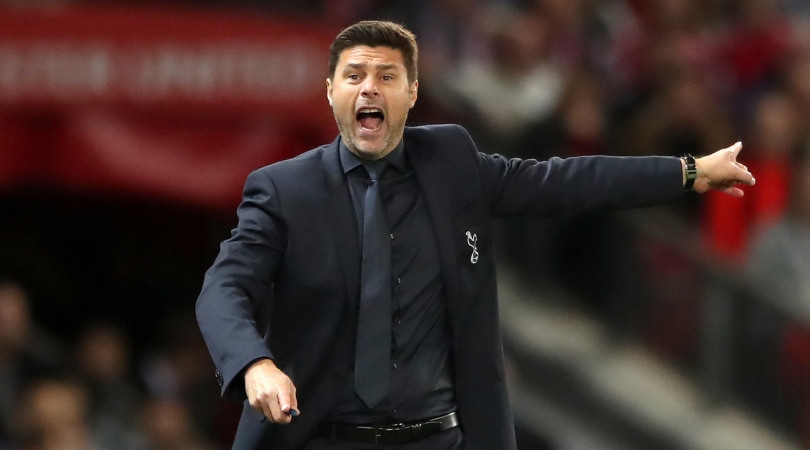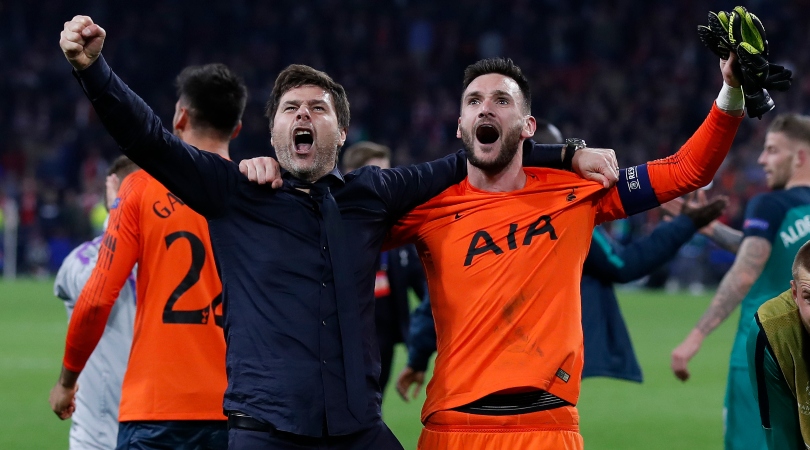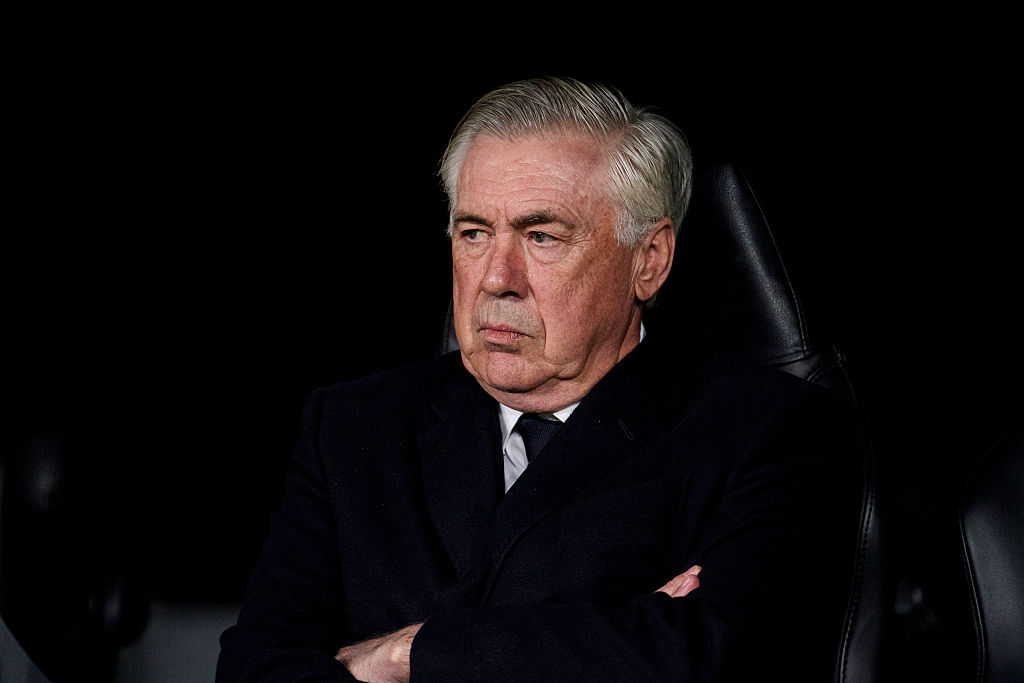Wherever Mauricio Pochettino ends up, the problems he faced at Tottenham will be the same
Managing the dressing rooms of Real Madrid, Manchester United and Bayern Munich involves more pressure and scrutiny than Pochettino suffered at Spurs

Mauricio Pochettino will know now what is it to be the prettiest girl at the dance. His sacking by Tottenham last Tuesday night may have brought his time at White Hart Lane to an inglorious end, but he woke up on Wednesday morning as the most coveted coach in Europe.
Bayern Munich are reportedly interested, Borussia Dortmund may soon be too if they decide to part with Lucien Favre, and he’s the natural answer to the tenuous situations at Real Madrid and Manchester United.
Where Pochettino could go next is a different question to where he should. His time at Spurs may have shown him to one of his generation’s outstanding coaches, but it also portrayed a specific skillset more suited to some environments than it is to others.
A simple logic is always applied in this situation. Good managerial performance, it is reasoned, will always be multiplied by the greater resources found at more affluent club. In this particular example, imagine what Pochettino could build were he to have the support of Bayern Munich’s financial primacy. Or Real Madrid’s, or Manchester United’s.
But while it would obviously be an advantage, it's one with its complications.
Pochettino’s last 12 months at Tottenham could easily be portrayed as an outlying period and as a situation constructed by the frugality of the club’s executives. Perhaps so, but it still demonstrated how problematic his idealism can be at times and how naïve he remains in a political sense.
Clubs like Bayern, Manchester United and Real Madrid are different beasts to Tottenham. The conversations which surround them are different in tone and the level of scrutiny applied is, at times, almost total. They also employ players who can be much higher maintenance and ego-driven than anyone Pochettino has encountered thus far.
Get FourFourTwo Newsletter
The best features, fun and footballing quizzes, straight to your inbox every week.
So that would be the worry. Whoever ultimate blame is assigned to, Pochettino failed to prevent the damage caused by that cluster of expiring contracts at Spurs. The logic being that if he was unable to placate relatively mild personalities such as Christian Eriksen, Toby Alderweireld and Jan Vertonghen, then he would most likely struggle with their equivalents further up the food chain.
Consider, for instance, the relationships between some of the Madrid players and the daily sport press in Spain. Or the media capital enjoyed by German internationals like Manuel Neuer and Thomas Muller in Munich. Those dressing rooms are much stronger opponents and they won't be nearly as permeable.
Pochettino has a very romanticised idea of what football – and his teams – should be. He demands unflinching, unwavering loyalty and integral to his success has been his ability to sell that singular vision. It's a process which has also, periodically, dependend on confrontation and, where necessary, the jettisoning of individuals to preserve the purity of a squad.
Again, enacting that kind of strategy at Tottenham is different. The team's original demographics and the lack of prior success made those players willing listeners and allowed Pochettino's vision to be an easier sell than it might have been.
While you're here, why not take advantage of our brilliant subscribers' offer? Get the game's greatest stories and best journalism direct to your door for only £9.50 every quarter. Cheers!
And he wouldn't have that advantage again. Pochettino would be working instead with World Cup winners and players to whom league championships are a right rather than an aspiration. The dynamic would be altered – the wages, the responsiveness to instruction, and the levels of entitlement would combine to make it a wholly different prospect and one accompanied by new dangers.
Because when ripples occur at those kinds of clubs, the attention paid is much greater and the reporting is - generally - informed by many more sources. The volume of the coverage far broader and the focus of the attention that much more consistent.
Pochettino hasn’t always dealt with that particularly well, even in its diluted form at Spurs. In fact, he can be quite petulant at times and has a habit of responding badly when his methods or decisions are publicly questioned.. He can also be strangely vague with the press in a way which creates unhelpful attention. Overall, then, his media handling could be described as weak and that's a very exposed vulnerability in Bavaria or Madrid.
The portrait, then, is of a very fine coach and one who absolutely deserves the opportunity to manage at the top of the game. But it also depicts someone without the more subtle nuances - who can't charm and perform like Klopp and who doesn't manipulate like Mourinho. These are skills he'll have to develop, though, because coaching ideology has to come with a public face and a made-for-camera routine if it's to manifest properly.
NOW READ...
COLUMN Modern football trends dictate good full-backs move into midfield. Jurgen Klopp should ignore that
QUIZ Can you name the 40 most successful Premier League managers by win percentage?
GUIDE Premier League live stream best VPN: how to watch every game from anywhere in the world
Seb Stafford-Bloor is a football writer at Tifo Football and member of the Football Writers' Association. He was formerly a regularly columnist for the FourFourTwo website, covering all aspects of the game, including tactical analysis, reaction pieces, longer-term trends and critiquing the increasingly shady business of football's financial side and authorities' decision-making.

